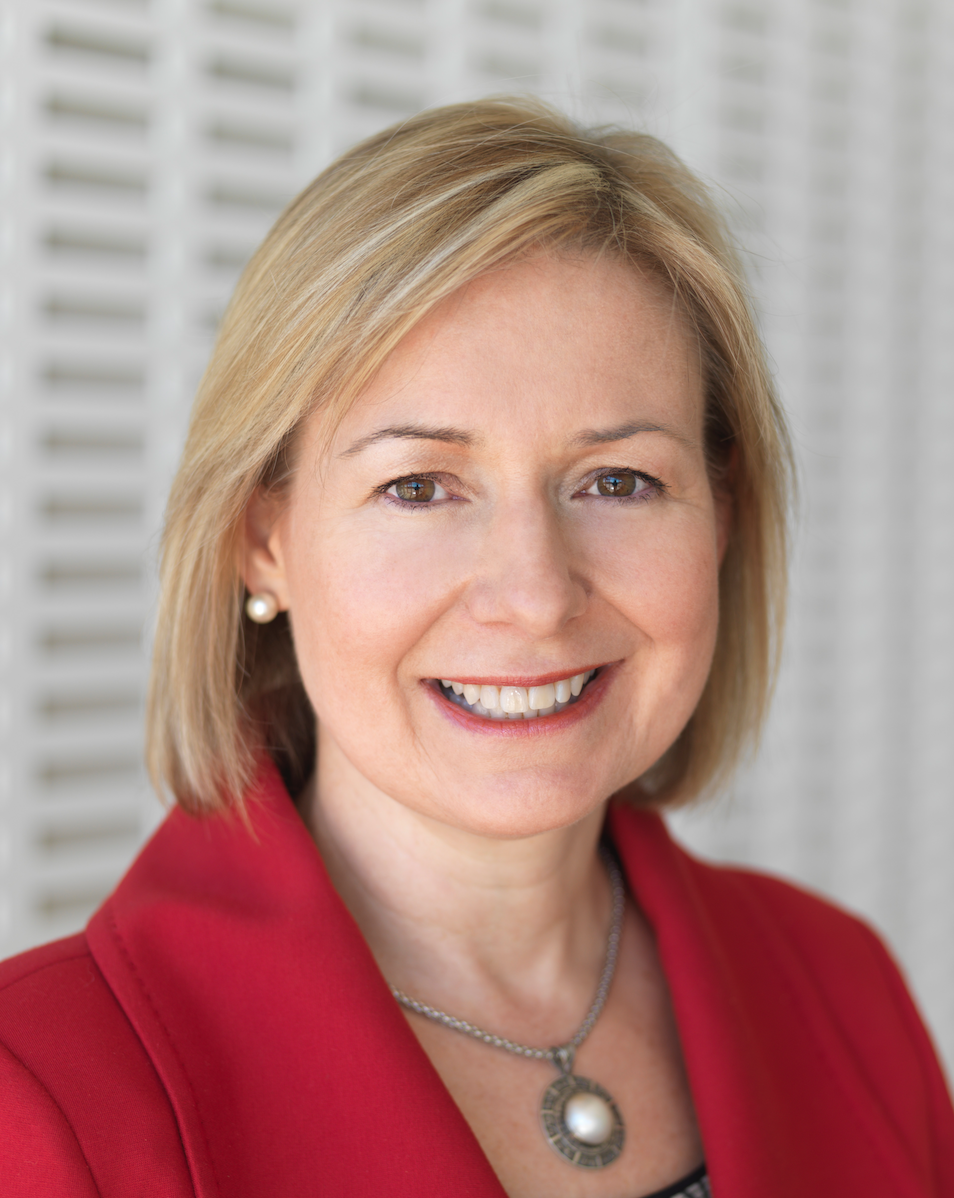| Bio Research+Teach Publications Press FAQ Personal | |
 Rosalind W. Picard, Sc.D., FIEEE Director of Affective Computing Research MIT Media Lab, E14-348A 75 Amherst Street Cambridge, MA 02139; USA picard (you can make the "at") media (dot) mit (dot) edu download Curriculum Vitae (CV) Follow @RosalindPicard Assistant: R-admin (you can make the "at") media (dot) mit (dot) edu Accessibility |
Sample of Famous Artists and Scientists who were ChristiansSir Frances Bacon Robert Boyle George Washington Carver Samuel Taylor Coleridge Nicolaus Copernicus Leonhard Euler Michael Faraday Johannes Kepler Father Georges-Henri LeMaitre Carolus Linnaeus Matthew Fontaine Maury James Clerk Maxwell Gregor Mendel Samuel F. D. Morse Sir Isaac Newton Blaise Pascal Louis Pasteur Sir James Young Simpson, Founder of gynecology and modern anesthesiology Nicolaus Steno, Father of Stratigraphy and many more ...
Johann Sebastian Bach J. R. R. Tolkien T. S. Eliot Rembrandt van Rijn Antonio Vivaldi Georg Friedrich Handel Van Gogh Antonin Dvorak Alessandro Manzoni Felix Mendelssohn Leo Tolstoy Fyodor Dostoevsky Michaelangelo Isaak Levitan and many more ...
These outstanding talents were all supposedly real believers, devout in having a faith that was not just for Sundays. Oddly, many modern biographies completely omit stories of personal faith, which in most devout believers, greatly shapes all they do.
When I started this page, I imagined I would eventually add a bit about each one's story/faith -- like how T. S. Eliot made the decision to become a Christian later in life, how the great mathematician Euler defended his faith against Voltaire and Frederick the Great's mocking of his "simple" Christian beliefs, and other stories where these luminaries did not merely conform to societal religious norms, but showed their strengths as independent thinkers. For example, Isaac Newton (I'm told I descended from his grandmother) not only poured out praise to God in his notebooks as he authored calculus, but also spent significant time studying the Bible, and wrote more pages overall on matters of faith than on science. He raised questions about differences between trinitarian views and what the Bible said. His was clearly an engaged, studied faith that shaped his daily activities and his science, although some accounts suggest it could have gone further to shape his interactions with others with whom he disagreed. Now I am aware that a number of books and sites have undertaken to research and describe the faith of great scientists, including living ones. I chose to stick to the dead, because they do not argue with me about whether or not they should be included. But here are some efforts that have gone far beyond this page: Tihomir Dimitrov, 50 Nobel Laureates and Other Great Scientists Who Believe in God. Dan Graves, Scientists of Faith: 48 Biographies of Historic Scientists and Their Christian Faith. Ann Lamont, 21 Great Scientists Who Believed the Bible. Henry M. Morris, "Men of Science, Men of God". See also the collection online at http://www.tektonics.org/scim/sciencemony.htm. If you decide to send me names I'm missing, with stories supporting their genuine Christian beliefs, please make sure to include a reference or source for the information. Thanks. |